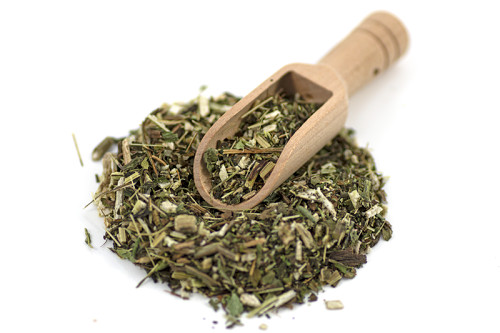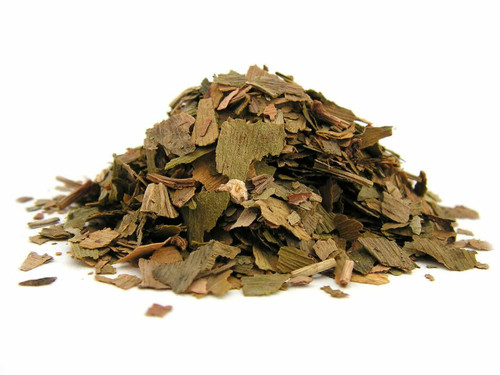Organic Sage Leaves, tea 100g Cleaned, Chopped and Dried Ready to Infuse REPLANTEA
Garden sage, scientifically known as Salvia officinalis, is a popular herb with a long history of culinary and medicinal use. It is known for its aromatic leaves and a distinct flavor that adds depth to various dishes. In addition to its culinary applications, garden sage is associated with several potential health benefits:
-
Antioxidant Properties: Sage contains compounds, such as rosmarinic acid and flavonoids, which have antioxidant properties. Antioxidants help neutralize free radicals in the body, which may contribute to cellular damage and aging.
-
Anti-Inflammatory Effects: Some studies suggest that sage may have anti-inflammatory properties. These effects may be beneficial for conditions involving inflammation, although more research is needed to confirm these potential benefits.
-
Cognitive Function: Sage has been traditionally associated with memory enhancement and cognitive function. Some research indicates that compounds in sage may help improve memory and concentration, making it a subject of interest in the context of age-related cognitive decline.
-
Throat and Oral Health: Sage has a long history of use for throat and oral health. It may be used as a gargle or included in mouthwash formulations to help soothe sore throats and alleviate symptoms of inflammation.
-
Menopausal Symptoms: Some studies suggest that sage may be helpful in reducing menopausal symptoms, such as hot flashes and night sweats. Sage supplements or tea may be used for this purpose, although individual responses can vary.
-
Gastrointestinal Support: Sage has been used traditionally to aid digestion. It may help alleviate symptoms of indigestion, bloating, and gas.
-
Antibacterial and Antiviral Properties: Sage has natural antibacterial and antiviral properties, making it potentially useful in fighting infections. It may be used topically or as a gargle for conditions like sore throat.
-
Diabetes Management: Some studies suggest that sage may help regulate blood sugar levels and improve insulin sensitivity. However, more research is needed to establish its effectiveness for diabetes management.








